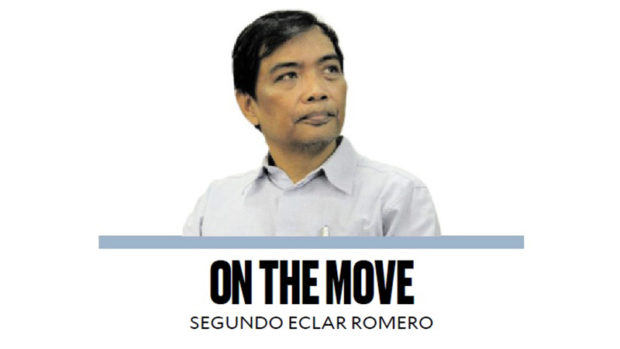One thing is clear, our nation craves heroes. We often look back to historical eras such as the Philippine Revolution, World War II, and the Edsa People Power Revolution to find our heroic icons. The imagery that accompanies our national anthem, like Filipino soldiers enduring the Death March and Lapulapu defeating Magellan, evokes a sense of admiration, but it also highlights a desire for fresh heroism. Our interpretation of the phrase “to die in your cause” in our anthem has become literal, prioritizing sacrifice above all other forms of heroism. While this perception is rooted in the sacrifices of figures like Jose Rizal, Jose Abad Santos, and Benigno S. Aquino Jr., it marginalizes countless others who have made significant contributions to our society without sacrificing their lives.
These unsung heroes come in various forms, including teachers, students, extension workers, community leaders, farmers, entrepreneurs, innovators, researchers, scientists, journalists, government officials, and civil society leaders. They work behind the scenes to enhance our collective well-being and act as the backbone of community resilience and progress. In times of emergencies and disasters, they selflessly volunteer, take on leadership roles, improve their neighborhoods, and engage in environmental initiatives. They uphold justice by speaking out against crime and corruption, fearlessly confronting those who engage in illegal and harmful activities in public spaces. Through their dedication and everyday actions, they embody responsibility and accountability.
Ironically, our lofty standards for heroism blind us to the heroes that surround us. This oversight stems from a lack of structured hero cultivation processes. Other nations, such as China and Vietnam, cultivate heroes from a young age through programs like the Young Pioneers, fostering leadership potential, consciousness, and pride. This approach is not exclusive to socialism; it has its roots in the Boy Scouts movement. Sadly, in the Philippines, politicians have subverted this noble concept for personal gain, preventing its full realization.
Our nation needs a broader preparation for national service that embraces diverse avenues of contribution. The proposed revival of the Reserve Officers’ Training Course is a step in the right direction but should extend beyond military-centric training. The National Service Reserve Corps (NSRC) established by the National Service Training Program (NSTP) Act of 2001 provides a better civic development model. However, despite its legal provision and the joint memorandum issued by the Department of National Defense, the Commission on Higher Education, and the Technical Education and Skills Development Authority, the NSRC has never been organized and mobilized. This overlooks the fact that the NSRC is necessary and should be mobilized, especially in the context of the Philippine Disaster Risk Reduction and Management Act of 2010. It is time for the NSRC to be activated, providing opportunities for youth civic engagement and instilling a profound sense of duty, service, and patriotism.
Additionally, initiatives such as the Red Cross volunteers, the 4H Club, and the Young Farmers Challenge Club can captivate the imagination of our youth, offering platforms to acquire emergency skills and nurture a sense of civic responsibility.
In my personal journey, I have been fortunate to encounter heroes whose contributions have deeply resonated with me. Icons like Ninoy Aquino, Salvador P. Lopez, and Jesse Robredo have left an indelible mark. However, even beyond those I have personally known, figures like Wenceslao Vinzons, Maria Orosa, Juan Flavier, and Albert del Rosario inspire me. Their contributions have transformed the nation in profound, yet often uncelebrated, ways.
In summary, the Filipino narrative of heroism needs to expand its scope to include the quiet champions who work tirelessly behind the scenes. True heroism goes beyond self-interest and deserves recognition. We must shift our focus from a narrow understanding of heroism to a broader acknowledgment of those who serve in various ways, fostering a culture of responsibility and leadership from a young age. By reevaluating our definition of heroism, we pave the way for the emergence of countless hidden heroes, ultimately strengthening our nation’s foundation for a brighter future.
Denial of responsibility! VigourTimes is an automatic aggregator of Global media. In each content, the hyperlink to the primary source is specified. All trademarks belong to their rightful owners, and all materials to their authors. For any complaint, please reach us at – [email protected]. We will take necessary action within 24 hours.


